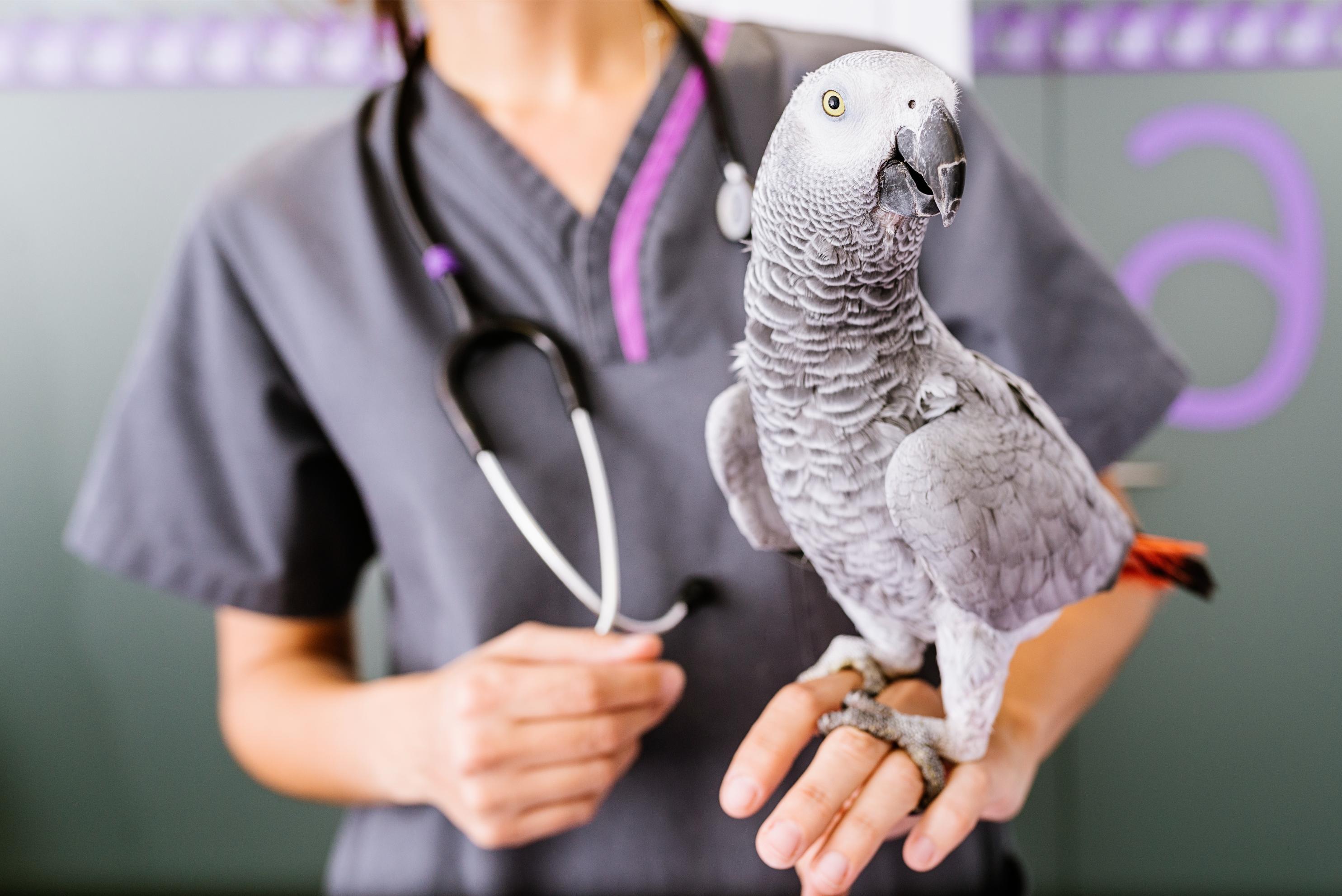Why Not All Vets Are Trained for Exotic Pets—and How to Choose the Right One

Plenty of people know and love dogs and cats, but many also love unique pets like parrots, rabbits, ferrets, or even chickens. These exotic pets are different from our mammal friends. They have distinct dietary, housing, and medical needs.
And while it’s easy to assume that your dog and cat’s veterinarian can provide care for exotics, not every vet gets formal training in caring for nontraditional pets.
Choosing the right exotic pet specialist is one of the most important decisions you’ll make for your pet’s health. Here’s what the team at Texas Avian & Exotic Hospital wants you to know.
Why Not All Vets See Exotics
Veterinary school curriculums focus heavily on cats and dogs because these species are the most common pet patients around. While veterinary students might get some exposure to caring for birds, reptiles, and small mammals, the education is often limited.
This means many general practice vets just don’t have the equipment or specialized knowledge to handle unusual species.
For instance, a parrot who’s struggling to breathe might need imaging equipment designed for its small, delicate body. A rabbit undergoing surgery has different anesthesia protocols than dogs or cats. For a sick snake or lizard, a deep understanding of habitat and nutrition goes a long way toward understanding what’s wrong.
Regular vets are skilled at solving problems like this in dogs and cats, but exotic pet specialists undergo rigorous extra training, internships, and residencies focused on these species.
How to Choose Exotic Vet Care For Your Pet
Finding the best exotic pet veterinarian can feel overwhelming, but we’ve got tips to help you. Here’s how to choose exotic vet care wisely:
- Explore the veterinary office’s website. Look for a section that talks about the species the vet treats. Some vets only treat dogs and cats, for instance, while others treat dogs, cats, and pocket pets. Others focus specifically on exotics, including reptiles, pocket pets, and birds. Make sure the office treats your specific species before taking any next steps.
- Ask about training and certifications. Explore your chosen veterinarian’s website or call their office to learn about what specific certifications they have. Look for vets who are members of the Association of Avian Veterinarians (AAV), the American College of Zoological Veterinarians (ACZM), or the Association of Exotic Mammal Veterinarians (AEMV).
- Ask about emergency care. When exotic pets get sick, they can deteriorate quickly. Find out whether the clinic you’ve chosen offers urgent care or partners with a 24-hour hospital for prompt treatment during emergencies.
Exotic Vet Care in Texas
If you’re looking for avian and exotic veterinary care in Texas, the board-certified team of exotics vets at Texas Avian & Exotic Hospital is here for you. We treat a wide variety of species, from New World primates and kangaroos to avians, reptiles, and amphibians.
Call us today at (817) 953-8560 to schedule an appointment for your one-of-a-kind family member.
